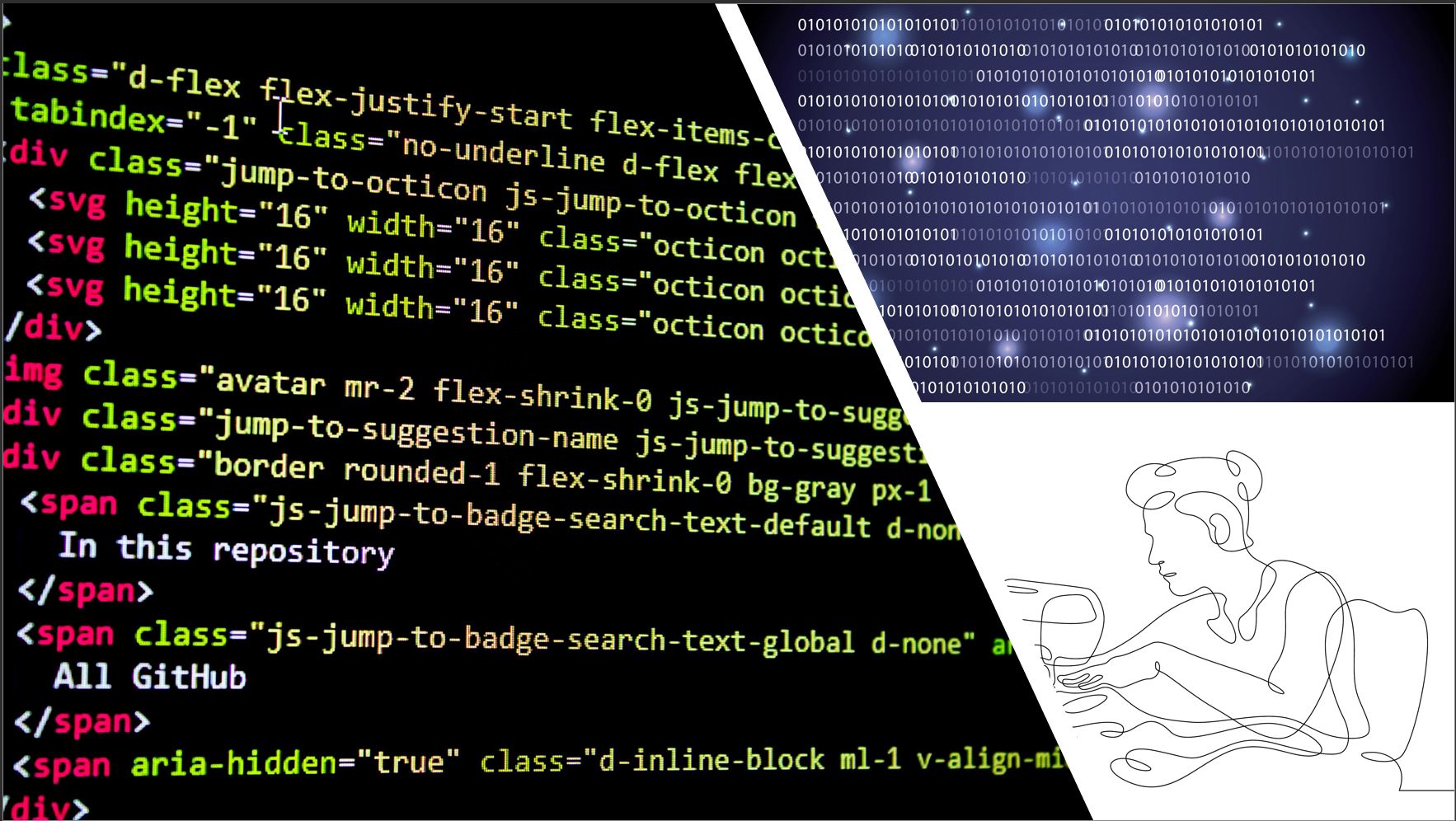In today’s rapidly evolving technological landscape, businesses across all industries are relying more and more on software solutions to remain competitive. With the rise of digital transformation, the demand for tailor-made software projects has increased significantly. A tailor-made software project is a project that is designed and developed specifically to meet the unique needs of an organization. Unlike off-the-shelf software solutions, which are pre-built for a general audience, tailor-made software solutions are customized for a specific business, its needs, and its objectives.
The benefits of tailor-made software projects are undeniable. These projects provide businesses with a solution that is designed to meet their specific needs, which can often result in a significant competitive advantage. Tailor-made software projects can also increase efficiency and productivity, as they are designed to fit seamlessly with existing workflows and processes. Additionally, these projects offer increased flexibility, as businesses can add or modify features as needed to keep up with changes in the market.However, while the benefits of tailor-made software projects are significant, they are not without risk. These projects can be complex, time-consuming, and costly. Therefore, it is crucial that businesses carefully consider the risks associated with tailor-made software projects before embarking on one.
One of the most significant risks associated with tailor-made software projects is the complexity of the design and service deployment process. Developing a software solution that is customized to meet the unique needs of a business requires a great deal of planning, research, and testing. This process can be time-consuming and can result in delays, which can be costly for businesses that are trying to remain competitive.
Another risk associated with tailor-made software projects is the need for ongoing support and upgrading. As technology continues to evolve, businesses must ensure that their software solutions remain up-to-date and relevant. This can require ongoing maintenance and updates, which can be costly and time-consuming.
Supporting future-generation standards is also a significant risk when it comes to tailor-made software projects. It is essential to ensure that the software solution that is being developed will be compatible with future technologies and standards. Failure to do so can result in the software becoming outdated quickly, which can result in the need for a costly overhaul.
Lastly, unlike standard products, developing custom software requires keeping a detailed record of the developments. This is to ensure that future updates and maintenance will be smooth and streamlined. Keeping track of changes and customizations can be complex and requires the right processes and documentation.
To mitigate the risks associated with tailor-made software projects, businesses need to take a strategic approach. They must carefully evaluate their needs, objectives, and budget before deciding whether to embark on a tailor-made software project. This evaluation should include an assessment of the resources required, including the amount of time, money, and effort required to complete the project.
Additionally, businesses must carefully choose their service provider. Choosing a service provider with years of expertise in the field can significantly shorten the design and service deployment process, despite its complexity. It is also crucial to ensure that the service provider is using open technologies and standards to address support, upgrading, and future standard issues.
During the project, it is important to ensure that the company’s compliance with international standards is verified, paving the way for future teams to intervene. Moreover, the company must have a good understanding of the documentation process and should be aware of the importance of keeping track of the changes and customizations made during the development process.
In conclusion, while tailor-made software projects can provide significant benefits to businesses, they are not without risk. Careful evaluation of the resources required, choosing the right service provider, and taking a strategic approach can help mitigate these risks. Ultimately, the success of a tailor-made software project depends on the business’s ability to make informed decisions and carefully manage the development process.


